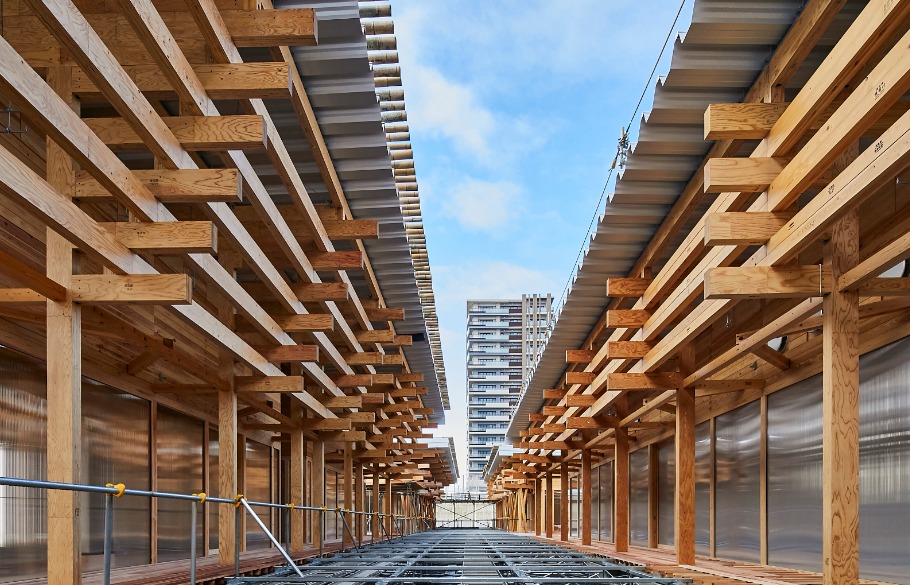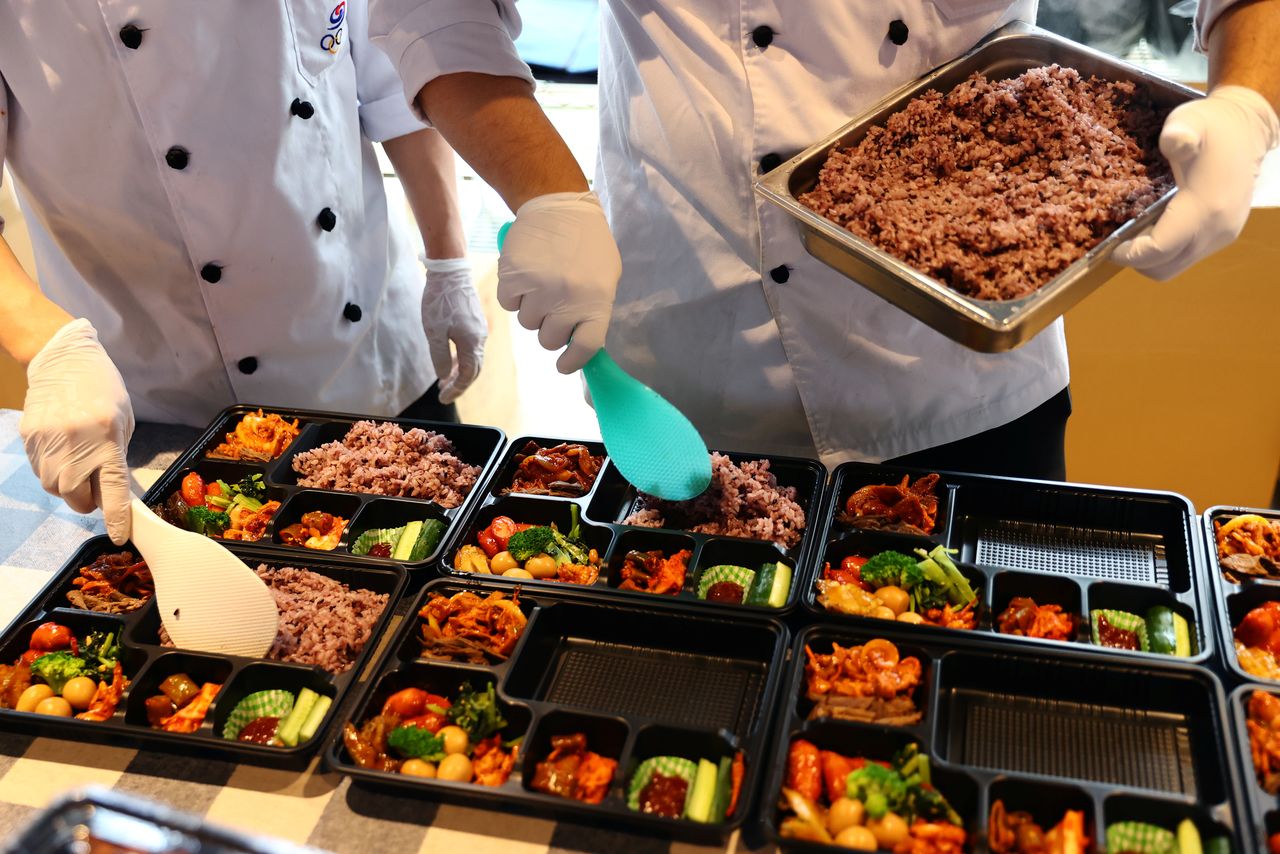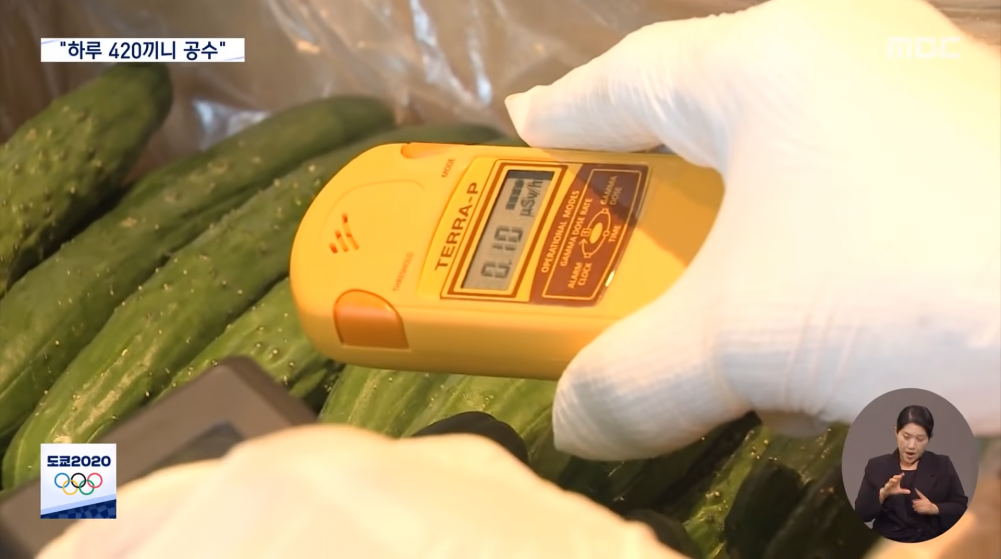
The Olympics as a Political Platform
If you had billions of eyes on you from around the world for a moment in time, what would you do at this moment? If you are part of an organization or government, the opportunity to make substantial strides for your strategic goals and agendas would be impossible to ignore. While international governing bodies and meetings like the United Nations exist, with dense vocabulary, calculated rhetoric, and no entertaining appeal, everyday citizens rarely pay close attention to these meetings. However, once every two years, around 200 countries participate in the most significant international sporting event, the Summer and Winter Olympic Games. With billions of viewers globally tuning in and heavily investing in the Games, the Olympics can never be only about the sports themselves. The Games present a unique opportunity for governments to interact with their citizens more intimately, work on their public image worldwide, and push their ideologies globally.

The most recent 2020 Summer Olympic Games in Tokyo was no exception to operating as a political event, on par as a sporting one. Having to operate under the prolonged COVID-19 situation, the Games faced many pandemic-related controversies and challenges. However, one aspect outside of the pandemic array of challenges seemed to take center stage in international media. This controversy would center on the use of food from Fukushima at the Olympic Village and an argument surrounding radioactivity. However, contrary to public discourse, this controversy was not simply an issue of health but a continuation of a conflict narrative between two countries’ preexisting political agendas clashing at the political platform of the Olympics. A more holistic understanding of the Japanese Olympic food issue becomes apparent only by looking further into the more nuanced context of the relationship between South Korea and Japan concerning Fukushima.
Understanding The Reality of The Fukushima Food Issue
At the Olympics, one of the duties of the host country is to prepare accommodations for the athletes. The location for the prepared housing and food is commonly known as the Olympic Village. Here, the athletes spend most of their time when not training or competing. In the case of the 2020 Tokyo Olympics, to control the spread of the COVID-19 virus, athletes were banned from using public transport and from walking around the city to visit common tourist areas, gyms, and restaurants. Outside of not getting to explore Japan, this meant that athletes’ food consumption in Japan would predominately be exclusive to the dining areas of the Olympic Village.

In the Olympic Village, the prepared food options were designed to showcase Japanese food’s traditional and modern specialties, incorporating contributions from all 47 prefectures. While raw fish was excluded due to concerns over athlete health, Japanese cuisine staples like ramen, udon, okonomiyaki, tempura, and onigiri were all highlighted. Each dish had all the nutritional information listed, and certified dieticians with help stations were put in place for dietary needs. While it would be difficult to deny the dining hall’s extensive preparedness and inclusivity of nutritional requirements, this was not where the controversy lay specifically.
Leading up to the games and during, South Korean media and its Sport & Olympic Committee (KSOC) were very vocal about their dissatisfaction with the inclusion of ingredients from the area of Fukushima. In 2011, The Fukushima Nuclear Power Plant experienced an earthquake and tsunami-induced nuclear meltdown that radiated large portions of the region. The Japanese authorities stated that all food made with ingredients sourced from the prefecture for the Games would be safe. In contrast, the South Korean Olympic committee stated that the International Atomic Energy Agency (IAEA), the World Health Organization (WHO), and themselves were discussing the serving of Fukushima food. However, despite the outcome of the discussions or the assertion of their safety from the Japanese government leading up to the Games, the KSOC decided they would prepare their own food boxes for the South Korean athletes. With this decision, the KSOC stated that they made the “unilateral decision on behalf of all Korean athletes to opt out of the food program.” These food boxes would be made by their own South Korean officials with homegrown ingredients and cooked at a hotel nearby in Tokyo while also screening food for radioactivity.

At this point, it is crucial to note that countries can provide varying food alternatives to accommodate their athletes’ diets and personal preferences throughout the history of the Olympics. There is no Olympic regulation against doing so, and South Korea was not the only country that provided food alternatives at the Tokyo Olympics. Most notably, The United States prepared 72,000 pounds of ingredients for their athletes in Tokyo. However, the Korean Olympic Committee (KSOC) and the South Korean Media’s strong vocal stance of highlighting that the food was possibly unsafe due to the ingredients from Fukushima is where they differed from other countries’ food programs that did not directly make statements on Fukushima’s ingredients. However, despite the topic’s recent coverage as an Olympics-related issue, this contention is merely being carried over into the operations and media coverage of the Olympics from the already preexisting conflict over the agriculture of Fukushima between South Korea and Japan.
The Governmental Involvement & Media Narratives
Since 2013, South Korea has banned Japanese fishery imports from eight prefectures of Japan in the Tohoku region affected by the 2011 earthquake and tsunami. Since then, Korea has slashed its fishery imports from Japan and turned to trade with other alternative neighboring countries. Japan has tried to get these bans removed through bilateral talks with South Korea after finding no success in multiple battles through the World Trade Organization to get them to force Korea to remove them. So when Foreign Minister Toshimitsu Motegi said at a news conference that he wants to make the Tokyo Olympics and Paralympics games “an opportunity to send a message to the world that agricultural, forestry, and fishery products from the disaster-hit areas are safe,” it is not hard to begin to understand why. The Olympics offers an opportunity to change the globally perceived images of the areas affected by the 2011 disasters and revitalize their agricultural and fishery industries.
Ingredients from three of the northeastern prefectures affected by the earthquake and tsunami, Fukushima, Iwate, and Miyagi, were used in dishes daily in the Olympic Village’s dining hall. The Olympics General Manager Takashi Kitajima stated “We’ve put priority on using foods from the disaster-hit areas, as the Olympics and Paralympics are meant to be an event to show the reconstruction efforts of the region to the world,” So when media highlights moments like Han Jung-sook (the nutritionist in charge of the team that would prepare the meals for South Korean Olympians) saying that “There’s radiation concerns, and as a person who’s responsible for the athletes’ safety and health, our mission is to check meticulously and tightly on those issues,” the news headlines are no longer ones focused on the promotion of reconstruction, but ones continuing fears of radiation.

This dynamic, focused on supporting the narrative of reconstruction by the Japanese or Koreans continuing their stance against food from areas around Fukushima, ignores the fact that Korea has prepared varying levels of food for the Olympics since as early as 1996. Despite Korea’s long history of providing food for its’ athletes, their sudden justification of food becoming unsafe because of radiation became a huge news story in a way that simply supplying food for your athletes wouldn’t. This dynamic could explain why Japan and its media did not express the same levels of dissatisfaction over the United States’ food preparations, as they did not make any announcements about Fukushima and the Tohoku region. On the other hand, South Korean media focused on the radiation of Fukushima in multiple aspects of the Olympics, including the dining halls’ food, but also criticized the bouquets given to medalists for using flowers from Fukushima.
Importance and Contextualization
This is not to criticize the South Korean government over this Olympic contention, as they have stated they did not instruct the delegation to launch such a food service. Neither is it a criticism of the Korean Sports and Olympic Committee (KSOC) deciding to provide food for their athletes, as it is fully their right to do so. Instead, it is a call to realize that the conversation and controversy is not merely about the health of the athletes at the Olympics. Instead, this issue concerning Japan’s food at the Olympics is just the most recent aspect of the ongoing conflict between South Korea and Japan about the Tohoku region specifically.
Since 2011, the reconstruction effort of the areas affected by the earthquake, tsunami, and nuclear meltdown, has been a high priority for the Japanese government. Rebuilding and regaining a sense of pre-disaster normalcy for this region has been very important for a once renowned fishery region for tuna, saury, salmon, oysters, and clams. The Games presented Japan with a unique opportunity for the government to continue the reconstruction efforts of the Tohoku region through the reinvigoration of its agriculture and fishery reputation. However, while this rebuilding and regaining of normalcy is important, South Korea has specifically held strong opinions against agriculture and fishery from this area in government, media, and general society for over ten years. Their opinions and stance on the issue would obviously not radically shift just for the Olympics, especially considering the multiple protests recently held in South Korea due to Japan’s recent decisions to release treated wastewater from the Fukushima Plant into the ocean.
So yet again, with billions of viewers globally tuning in and heavily investing in the Games, the Olympics can never be only about the sports themselves. The Olympics present a unique opportunity for governments to interact with their citizens more intimately, work on their public image worldwide, and push their ideologies globally. Inevitably, what is being brought to the world stage is not simply the competition and camaraderie between our countries’ athletes but also a clash between our government’s goals and agendas.

